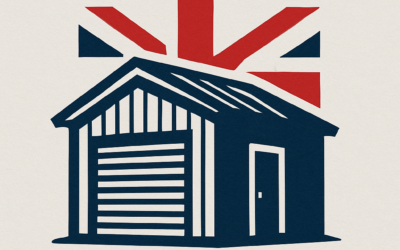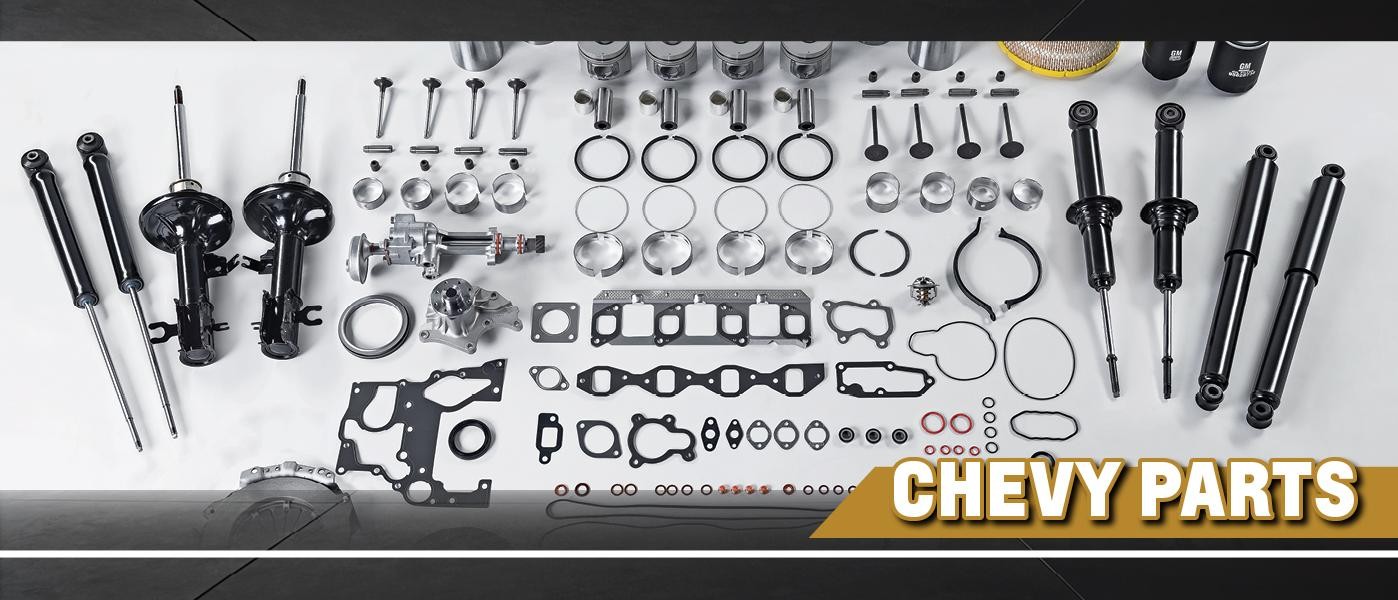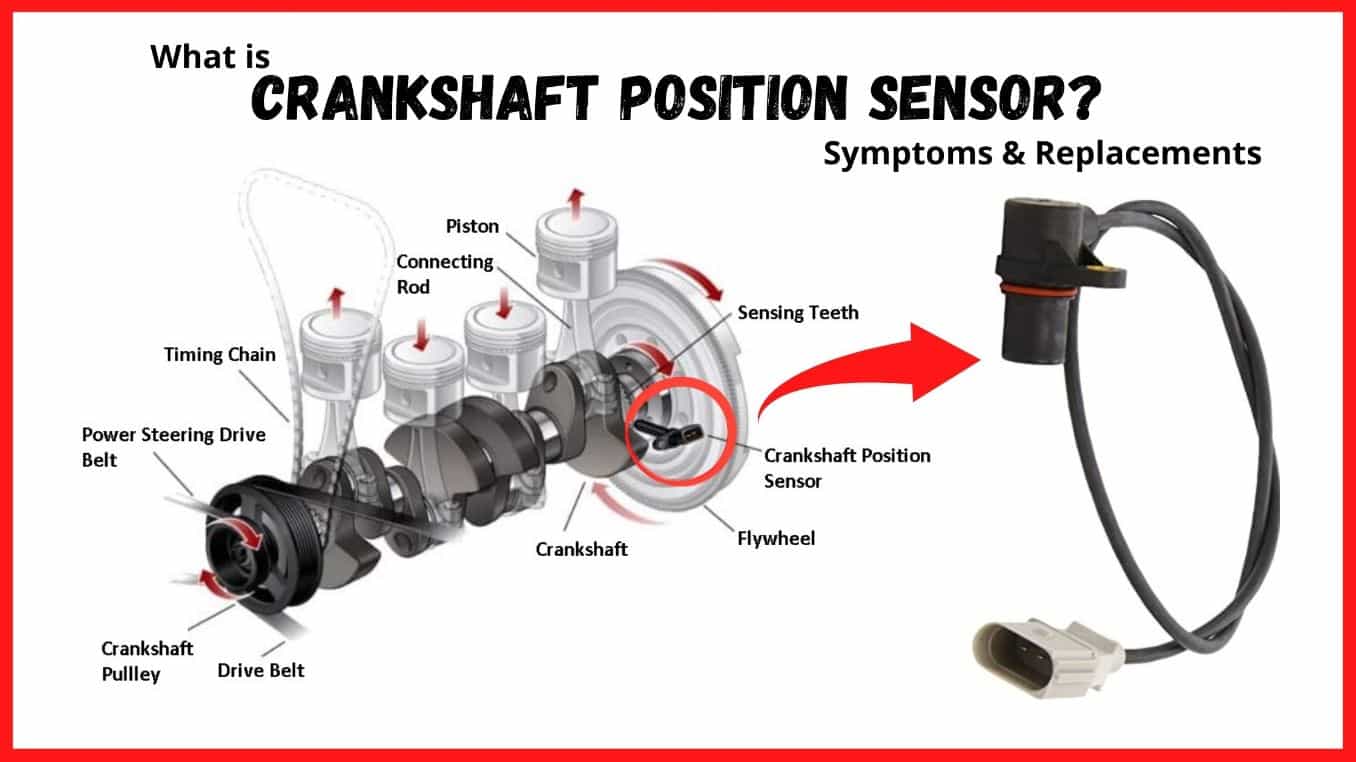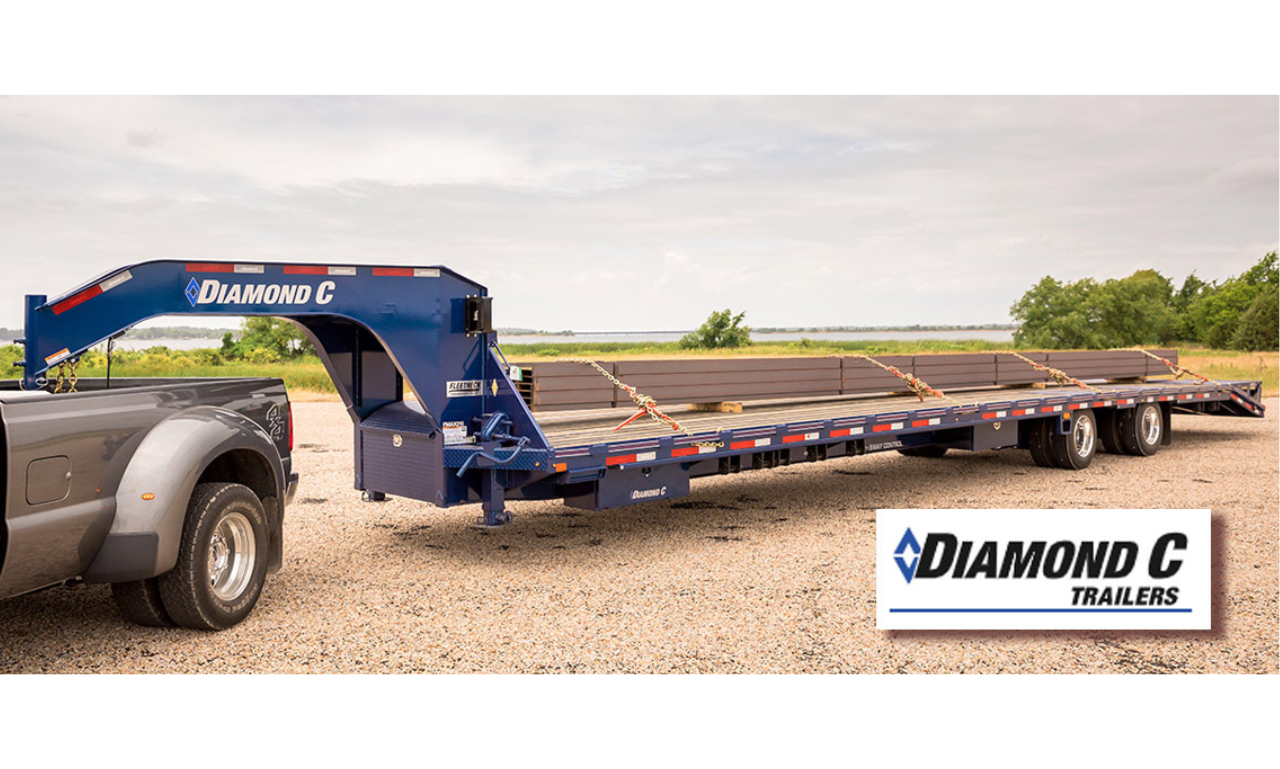Table of Contents
Introduction
When it comes to maintaining or repairing your Chevy vehicle, the importance of using genuine or high-quality parts cannot be overstated. Quality parts ensure the longevity and optimal performance of your vehicle, safeguarding your investment and providing peace of mind on the road. Using inferior parts can lead to further issues down the line, potentially resulting in costly repairs or safety hazards. Genuine parts, often referred to as Original Equipment Manufacturer (OEM) parts, are designed specifically for your vehicle model, adhering to the manufacturer’s specifications. They guarantee the right fit and performance, ensuring that your Chevy operates as intended. On the other hand, aftermarket parts offer a broader range of options, often at a more competitive price. These parts are made by third-party manufacturers and can vary significantly in quality. While some aftermarket parts are produced with high standards and can match or even exceed OEM specifications, others may not provide the same level of durability and reliability. It’s crucial to evaluate the reputation of the aftermarket manufacturer and ensure that the parts you select are compatible with your specific vehicle model. Understanding the difference between these two categories of parts is essential for making informed decisions.
In addition to OEM and aftermarket parts, Chevy vehicle owners have access to a diverse range of parts, including those for specific functions and enhancements. Whether you are looking for engine components, suspension parts, or interior accessories, the market is filled with options. Engine parts like filters, spark plugs, and timing belts are critical for the smooth functioning of your vehicle, while suspension parts, including struts and shocks, contribute to a comfortable ride and overall handling. Interior accessories, such as floor mats and seat covers, not only enhance aesthetics but also protect your vehicle’s interior from wear and tear. When searching for Chevy parts, it’s vital to identify what you need and determine whether OEM or aftermarket parts are the best fit for your situation.
Local auto parts stores, both national chains and independent retailers, are often the first stop for Chevy owners in need of parts. Stores like AutoZone, O’Reilly Auto Parts, and Advance Auto Parts typically have a wide selection of parts readily available. They also offer the benefit of knowledgeable staff who can assist you in finding the right components. Independent stores can provide a more personalized experience, and their expertise often extends beyond what national chains offer. Additionally, many stores have websites that allow for online ordering and inventory checks, making the process even more convenient.
For those who prefer shopping online, numerous resources are available. Official Chevrolet websites provide access to OEM parts, ensuring you are purchasing authentic components. E-commerce platforms like Amazon and eBay feature a vast array of parts, but it’s important to read reviews and check seller ratings to avoid low-quality items. Specialty shops focusing on performance parts or classic restorations also cater to specific needs, allowing enthusiasts to find components tailored to their unique projects.
Lastly, salvage yards and auto recyclers present a sustainable and cost-effective option for finding parts. These places can be treasure troves for hard-to-find components or for those looking to save money on used parts. However, when purchasing from these sources, it’s essential to verify the condition and compatibility of the parts.
In conclusion, whether you choose OEM or aftermarket parts, understanding the available options and their implications on your Chevy’s performance is vital. Investing in quality components will ensure your vehicle remains reliable, safe, and enjoyable to drive for years to come.
Local Auto Parts Stores
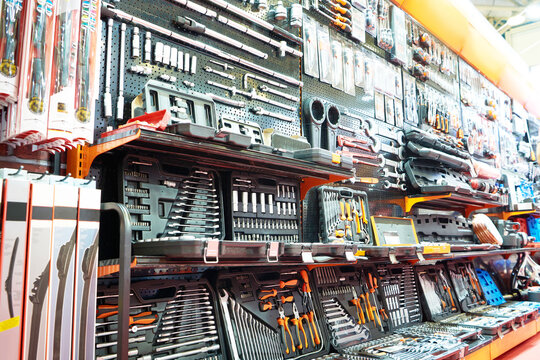
When it comes to sourcing Chevy parts, local auto parts stores are often the most accessible and convenient option for vehicle owners. They provide a variety of components, tools, and accessories essential for maintaining and repairing vehicles. Among these stores, national chains and independent retailers each offer unique benefits, catering to different needs and preferences of customers.
National Chains
National chains such as AutoZone, O’Reilly Auto Parts, and Advance Auto Parts are widely recognized and conveniently located in many communities. One of the primary advantages of shopping at these national chains is their extensive inventory, which often includes a comprehensive selection of Chevy parts, tools, and accessories. Customers can easily find everything from engine components to maintenance supplies, making these stores a one-stop-shop for most automotive needs. Additionally, national chains typically have established relationships with suppliers, allowing them to offer competitive pricing and frequent promotions. This price competitiveness is crucial for budget-conscious consumers looking to perform repairs or upgrades without breaking the bank.
Another significant benefit of national chains is their consistent service and standardized processes, which often include helpful services like free diagnostics, parts installation assistance, and warranty information. Staff members at these stores are usually well-trained, equipped to assist customers with their specific queries regarding parts compatibility and application. Furthermore, many national chains provide online platforms that enable customers to check inventory availability and place orders for in-store pickup or home delivery, adding convenience to the shopping experience.
Independent Stores
On the other hand, independent auto parts stores bring their own set of advantages that can significantly enhance the customer experience. One of the standout features of these local businesses is the personalized service they often provide. Independent store owners and employees typically have a strong understanding of the local community and a commitment to customer satisfaction. They can offer tailored advice based on their expertise, ensuring that customers find the right Chevy parts for their specific needs. This level of personalized attention can be invaluable, especially for individuals who may not be as knowledgeable about automotive repairs.
Moreover, independent stores often have an impressive selection of specialty or hard-to-find parts that may not be available at larger chains. These stores can also stock higher-quality aftermarket parts, catering to performance enthusiasts and restorers looking for specific components for classic Chevy models. Supporting local businesses contributes to the community’s economic health, as independent stores often reinvest in the local economy and create job opportunities.
For customers interested in exploring independent auto parts stores, there are several tips to ensure they find reputable establishments. First, seek recommendations from friends, family, or online community forums where local mechanics and car enthusiasts share their experiences. Online reviews on platforms like Google or Yelp can also provide insights into the quality of service and products offered by local stores. Additionally, visiting the store beforehand can help gauge the level of customer service and the store’s organization, ensuring that it meets your expectations.
In conclusion, both national chains and independent auto parts stores offer valuable resources for finding Chevy parts. National chains provide convenience and competitive pricing, while independent stores offer personalized service and specialized products. Depending on your specific needs, preferences, and location, exploring both options can lead to a satisfactory purchasing experience, ensuring that you find the right parts to keep your Chevy running smoothly.
Online Resources for Finding Chevy Parts

In today’s digital age, online resources have become indispensable for sourcing Chevy parts, offering convenience and a broad range of options that traditional brick-and-mortar stores may not provide. When looking for Chevy parts online, there are three primary avenues to explore: manufacturer websites, e-commerce platforms, and online marketplaces. Each of these resources has unique advantages and considerations, making them valuable tools for vehicle owners and enthusiasts alike.
Manufacturer Websites
One of the most reliable sources for Chevy parts is the official Chevrolet website, which features a dedicated section for parts and accessories. This platform allows users to easily navigate through an extensive catalog of genuine OEM parts tailored specifically for their vehicle models. To effectively use the manufacturer website, vehicle owners should know their specific model, year, and trim level, as these details will help in pinpointing the correct parts. The site typically includes a user-friendly interface where customers can enter their vehicle identification number (VIN) to receive a precise list of compatible parts. This capability minimizes the risk of ordering incorrect components and ensures that users are selecting high-quality parts designed to meet Chevrolet’s standards. Moreover, purchasing directly from the manufacturer often comes with warranties, providing additional peace of mind regarding the quality and longevity of the parts.
E-commerce Platforms
In addition to manufacturer websites, several popular e-commerce platforms offer a vast selection of Chevy parts. Sites like Amazon, eBay, and RockAuto have established themselves as go-to destinations for car enthusiasts and DIY mechanics seeking competitive prices and diverse options. These platforms host numerous sellers, allowing users to compare prices, read product reviews, and evaluate seller ratings. However, while the variety is a significant advantage, it’s essential for buyers to exercise caution. When purchasing from these sites, customers should verify the part’s compatibility with their specific Chevy model, paying attention to details such as part numbers, dimensions, and installation requirements. Furthermore, taking the time to read customer reviews can provide valuable insights into the part’s quality and reliability. To enhance the shopping experience, users can often find return policies and warranties that offer protection against defective parts or those that do not fit as expected.
Online Marketplaces
Online marketplaces, such as Facebook Marketplace and Craigslist, offer a more community-driven approach to finding Chevy parts. These platforms connect buyers and sellers directly, providing opportunities to find used parts at potentially lower prices. For those on a budget or looking for hard-to-find components for vintage Chevy models, these marketplaces can be goldmines. However, purchasing from these sources comes with risks. Buyers must be diligent in assessing the condition of used parts, asking for detailed descriptions, and requesting photos to ensure they know what they’re getting. Additionally, it’s wise to meet sellers in safe, public locations when conducting transactions and to avoid any deals that seem too good to be true, as they may indicate fraudulent activity. Engaging with community forums can also be beneficial, as members often share tips, recommendations, and warnings about particular sellers or parts.
In conclusion, online resources provide a wealth of options for finding Chevy parts, from the reliability of manufacturer websites to the vast selections available on e-commerce platforms and online marketplaces. Each avenue presents its own set of benefits and challenges, and it’s crucial for vehicle owners to conduct thorough research, ensuring they select the right parts for their needs. By leveraging these online tools effectively, Chevy owners can maintain their vehicles efficiently and affordably, ensuring they remain safe and reliable on the road.
Salvage Yards and Auto Recyclers

Salvage yards and auto recyclers have become increasingly popular options for vehicle owners seeking affordable and sustainable Chevy parts. These establishments specialize in dismantling vehicles that are no longer operable and recycling their components, offering a treasure trove of used parts at significantly lower prices than new or OEM options. The benefits of sourcing parts from salvage yards are manifold, particularly when it comes to cost-effectiveness and sustainability. For budget-conscious consumers, purchasing used parts can lead to substantial savings, enabling them to complete repairs or upgrades without overspending. Given that many used parts are still in excellent condition, customers often find quality components that function just as effectively as new ones, thereby maximizing their investment. Moreover, by choosing used parts, vehicle owners contribute to environmental sustainability. Auto recycling helps reduce waste and the demand for new manufacturing, ultimately decreasing the environmental impact associated with producing new auto parts. This eco-friendly approach appeals to a growing number of consumers who prioritize sustainability in their purchasing decisions.
Locating local salvage yards can be a straightforward process, especially with the help of online resources. A quick search using keywords like “salvage yards near me” or “auto recyclers in [your location]” will yield a list of nearby establishments. Many salvage yards also have websites that provide information about their inventory and services, allowing potential customers to gauge whether they have the specific Chevy parts they need. Online forums and community groups dedicated to automotive repair can also serve as excellent resources for recommendations and reviews of local salvage yards. Engaging with fellow car enthusiasts and mechanics can provide insights into which yards are reputable and which ones to avoid, enhancing the overall experience.
When working with salvage yards, it’s essential to keep a few key tips in mind to ensure a successful purchase. First and foremost, confirming part compatibility is critical. Unlike new parts, used parts can vary in condition and may not always fit as expected. Vehicle owners should come prepared with details about their Chevy model, including the year, make, and any specific part numbers if available. Many salvage yards employ knowledgeable staff who can assist in finding the correct components, but having this information on hand can expedite the process and minimize the risk of purchasing incompatible parts. Additionally, inspecting the part before purchase is crucial. When visiting a salvage yard, customers should ask to see the part they intend to buy, checking for any signs of wear, rust, or damage. If possible, it’s a good idea to test or assess the part’s functionality, especially for critical components like engines, transmissions, or electrical systems.
Finally, it’s important to be aware of return policies when dealing with salvage yards. Unlike new parts, used parts may come with limited or no warranty, so understanding the terms of sale can prevent potential headaches down the road. Many salvage yards offer an exchange policy if the part does not fit or function as expected, but it’s advisable to clarify these details before completing a purchase. Overall, salvage yards and auto recyclers present an excellent option for finding Chevy parts, combining cost savings with environmental responsibility. By knowing how to locate reputable salvage yards, preparing adequately, and understanding compatibility and return policies, vehicle owners can effectively tap into the benefits of used parts, ensuring their Chevys remain reliable and efficient for years to come.
Chevy Dealerships

Purchasing Chevy parts from authorized dealerships is a popular option for vehicle owners who prioritize quality and reliability. One of the primary advantages of buying from a dealership is the assurance of obtaining genuine Original Equipment Manufacturer (OEM) parts. These parts are specifically designed and manufactured for Chevy vehicles, adhering to the highest standards of quality and compatibility. By opting for OEM parts, owners can rest assured that they are using components that meet the exact specifications outlined by Chevrolet, thereby ensuring optimal performance and longevity. Additionally, many dealerships offer warranties on their parts, which can provide peace of mind for consumers. These warranties typically cover defects and failures, allowing customers to make their purchases with confidence, knowing that if something goes wrong, they have recourse through the dealership. This level of support is often unmatched by independent retailers or online sellers, making dealerships a trusted source for high-quality Chevy parts.
Finding the nearest Chevy dealership has become increasingly convenient, thanks to online tools and resources. A simple search using terms like “Chevy dealerships near me” will yield a list of local authorized dealers. Most dealerships maintain a robust online presence, complete with user-friendly websites that provide essential information about their inventory, services, and contact details. Consumers can browse available parts online, check for specific items, and even place orders for in-store pickup or delivery. Moreover, many dealerships have dedicated customer service representatives who can assist with inquiries regarding parts availability, pricing, and installation services. For individuals who prefer an in-person experience, visiting a nearby dealership allows them to consult with knowledgeable staff who can help identify the correct parts for their vehicle, ensuring a hassle-free purchasing process.
Despite the advantages of purchasing from a dealership, cost considerations are a significant factor that consumers should keep in mind. Generally, OEM parts sold at dealerships tend to be more expensive than aftermarket options or parts available at local auto parts stores. This price difference can be attributed to the quality and reliability of OEM parts, as well as the additional services and warranties that dealerships offer. For budget-conscious consumers, it’s essential to weigh the benefits of purchasing higher-priced OEM parts against the potential risks of using cheaper alternatives. While aftermarket parts can provide cost savings, they may not always offer the same level of quality or compatibility as genuine OEM parts, which can lead to further expenses down the line if issues arise. Therefore, evaluating the long-term implications of part choices is crucial for making informed purchasing decisions.
In conclusion, Chevy dealerships offer numerous advantages for consumers seeking parts for their vehicles, including access to genuine OEM components and warranties that provide peace of mind. Finding a local dealership is made easy with the availability of online resources, allowing customers to conveniently browse inventory and get assistance. However, it’s essential to consider the cost implications of purchasing from a dealership, as OEM parts are generally pricier than aftermarket options. Ultimately, for those prioritizing quality and reliability, the investment in genuine Chevy parts from authorized dealerships can lead to better vehicle performance and satisfaction in the long run. By carefully evaluating the benefits and costs associated with dealership purchases, Chevy owners can ensure they make the right choices for their vehicles while enjoying the peace of mind that comes with using high-quality parts.
Specialty Shops for Chevy Parts
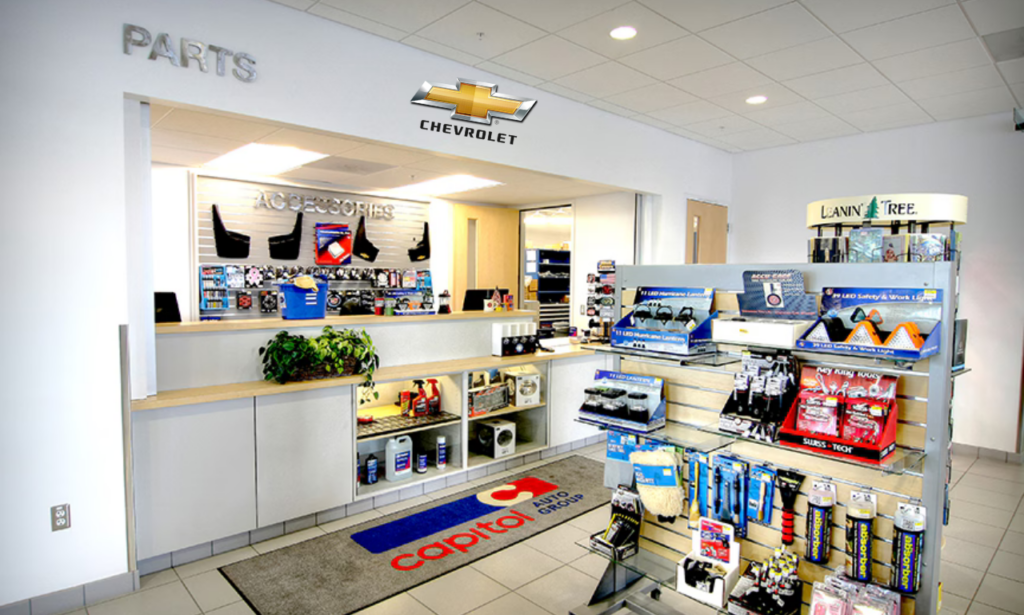
Specialty shops play a crucial role in the automotive aftermarket, especially for Chevy owners seeking specific parts tailored to their needs. These shops often focus on particular niches, offering expertise and a variety of options that larger retailers may not provide. Two prominent types of specialty shops that cater to Chevy enthusiasts are performance parts retailers and restoration shops, each serving distinct purposes and customer bases.
Performance Parts Retailers
Performance parts retailers specialize in providing components that enhance the performance, handling, and aesthetic appeal of Chevy vehicles. These shops focus on modifications and upgrades, catering to car enthusiasts looking to increase horsepower, improve suspension, or customize their vehicles. Common offerings include performance exhaust systems, cold air intakes, aftermarket tuning chips, and high-performance brakes. Such upgrades can significantly boost a vehicle’s capabilities, making them attractive options for those who participate in motorsports or simply want a more thrilling driving experience.
One of the significant advantages of visiting a performance parts retailer is the expertise that staff typically possess. Many employees at these specialty shops are passionate automotive enthusiasts themselves and have in-depth knowledge of various Chevy models. They can provide personalized recommendations based on the specific goals and needs of the customer, whether it’s achieving a certain level of performance, optimizing fuel efficiency, or enhancing aesthetics. Additionally, performance parts retailers often carry a wide selection of brands, allowing customers to compare different options and select parts that fit their performance goals and budget. This level of personalization and product diversity is often lacking in larger, general auto parts stores, making specialty shops a preferred choice for dedicated Chevy enthusiasts.
Restoration Shops
Restoration shops, on the other hand, focus on sourcing parts for classic Chevy models and vintage vehicles. These shops are invaluable for car enthusiasts who are restoring or preserving older Chevys, as they often carry hard-to-find components that are no longer in production. Whether it’s original factory parts or high-quality reproductions, restoration shops can provide everything from body panels and trim pieces to engine components and interior fittings. Their expertise in classic models ensures that they understand the specific needs of restorers, offering products that not only fit but also maintain the authenticity of the vehicle.
When visiting a restoration shop, customers can expect a wealth of knowledge regarding vintage Chevys, including model-specific quirks and historical details that can aid in the restoration process. Many restoration shops also provide additional services, such as sourcing custom parts or offering guidance on installation techniques, making them a comprehensive resource for classic car restorers. The camaraderie and shared passion found in these shops can foster a sense of community among enthusiasts, who often exchange tips, experiences, and project ideas.
Conclusion: Finding the Right Chevy Parts
In conclusion, navigating the diverse landscape of sourcing Chevy parts can be both an exciting and overwhelming experience for vehicle owners and enthusiasts. From local auto parts stores and authorized dealerships to online resources, salvage yards, and specialty shops, each avenue offers unique advantages and considerations that can significantly impact the purchasing decision. Understanding the strengths and limitations of each option is essential for making informed choices that align with specific needs and budgets.
Local auto parts stores, including national chains and independent retailers, provide convenience and immediate access to a wide range of components. These stores cater to customers who prefer a hands-on shopping experience, allowing them to inspect parts and seek expert advice from knowledgeable staff. On the other hand, authorized Chevy dealerships stand out for their commitment to quality, offering genuine OEM parts that ensure compatibility and reliability. The warranties and customer support provided by dealerships add an extra layer of confidence for consumers, making them a go-to choice for those prioritizing quality over cost.
As the automotive industry increasingly embraces digital solutions, online resources have emerged as invaluable tools for sourcing Chevy parts. Manufacturer websites, e-commerce platforms, and online marketplaces provide extensive options and the ability to compare prices and products from the comfort of home. However, buyers must remain vigilant about compatibility and seller reputation, especially when shopping on platforms that connect them directly with individual sellers. This underscores the importance of research and due diligence, ensuring that customers select the right parts for their vehicles.
For those looking to save money or find unique components, salvage yards and auto recyclers offer a sustainable and cost-effective alternative. These establishments specialize in dismantling non-operational vehicles and provide access to high-quality used parts at a fraction of the cost of new components. However, it is crucial for consumers to assess the condition of the parts they intend to purchase and understand the terms of sale, as warranties may be limited or nonexistent.
Specialty shops further enhance the landscape by catering to specific needs, whether it’s performance enhancements or restoration of classic Chevy models. Performance parts retailers provide essential upgrades for enthusiasts seeking to maximize their vehicle’s capabilities, while restoration shops offer rare and authentic components for those dedicated to preserving the legacy of classic Chevys. The expertise found in these specialty stores can be invaluable, guiding customers toward the right products that align with their automotive goals.
Ultimately, the journey of sourcing Chevy parts is shaped by individual preferences, budgets, and the specific requirements of each vehicle. Whether opting for OEM components from a dealership, exploring the vast offerings of online retailers, or hunting for bargains at salvage yards, the key is to remain informed and proactive throughout the process. By leveraging the available resources and understanding the pros and cons of each option, Chevy owners can make well-informed decisions that lead to successful repairs, enhancements, or restorations.
In this way, finding the right Chevy parts is not merely a transactional process; it is an opportunity for vehicle owners to engage with their passion for cars, enhance their driving experience, and ultimately ensure that their Chevys continue to perform at their best for years to come. Embracing this journey with knowledge and enthusiasm can transform the often daunting task of sourcing parts into a rewarding and satisfying experience, strengthening the bond between owners and their beloved vehicles.
FAQS
1. What are OEM and aftermarket parts, and which should I choose?
Answer: OEM (Original Equipment Manufacturer) parts are made by the manufacturer specifically for your vehicle model, ensuring perfect fit and quality. Aftermarket parts are produced by third-party companies and can vary in quality and compatibility. While aftermarket parts may be cheaper, OEM parts are generally recommended for their reliability.
2. How can I find local auto parts stores near me?
Answer: You can find local auto parts stores by searching online using phrases like “auto parts stores near me” or by using map services like Google Maps. Additionally, check local business directories or ask for recommendations from friends or automotive forums.
3. What are the advantages of buying from national auto parts chains?
Answer: National chains like AutoZone, O’Reilly Auto Parts, and Advance Auto Parts offer a wide selection of parts, often have competitive prices, and provide convenient locations for in-person shopping. They also typically have knowledgeable staff who can assist you in finding the right parts.
4. How can I ensure that online parts purchases are of high quality?
Answer: When purchasing parts online, check the seller’s ratings and reviews, verify the part numbers, and confirm that the parts are compatible with your Chevy model. Look for warranties and return policies that protect your purchase in case of issues.
5. What should I consider when buying used parts from salvage yards?
Answer: Ensure the used parts are in good condition by inspecting them thoroughly for any damage or wear. Confirm compatibility with your vehicle, and ask about the salvage yard’s return policy. Being knowledgeable about your Chevy’s specifications can help you make informed decisions.
6. How do I find a Chevy dealership near me?
Answer: You can find a local Chevy dealership by searching online with terms like “Chevy dealership near me.” The official Chevrolet website also has a dealer locator tool that allows you to enter your zip code and find nearby dealerships.
7. What are the benefits of buying Chevy parts from a dealership?
Answer: Purchasing from a dealership guarantees you are getting genuine OEM parts that are specifically designed for your vehicle. Dealerships often provide warranties on their parts, ensuring quality and peace of mind for consumers.
8. What types of specialty shops cater to Chevy parts?
Answer: Specialty shops include performance parts retailers that focus on enhancing vehicle performance and restoration shops that provide parts for classic Chevys. These shops offer expertise and unique parts that may not be available at general auto parts stores.
9. How can I determine the correct parts for my specific Chevy model?
Answer: You can determine the correct parts by using your vehicle identification number (VIN) to decode specific part requirements. Many manufacturer websites and parts retailers allow you to enter your VIN to find compatible components.
10. Are there any maintenance tips to extend the life of Chevy parts?
Answer: Regular maintenance, such as timely oil changes, inspections, and addressing issues promptly, can extend the life of Chevy parts. Additionally, using high-quality replacement parts and following the manufacturer’s recommended service intervals can contribute to overall vehicle longevity.
